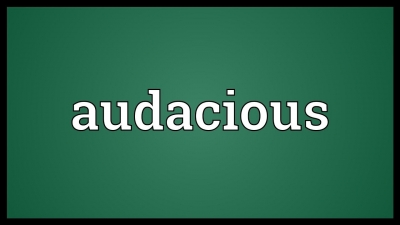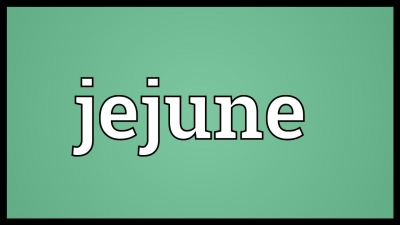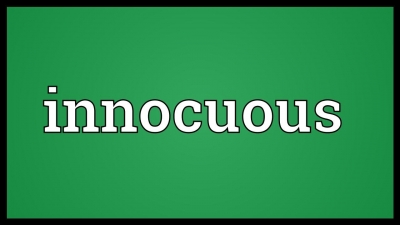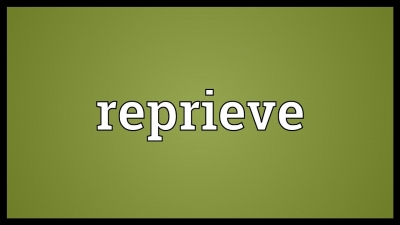What are the meaning, origin and usage of word ‘Subvert’?

(Pronounced suhb.vuht)
Meaning: A verb, subvert refers to trying to destroy or ruin something such as an established government or political system in a sneaky way or overturning something from the foundation or base. In other words, "to subvert something" means "to destroy its power or influence."
Origin: The term originates from the Latin root subvertere, meaning "to turn upside down or overthrow"; a combination of sub-"from below or under” and vertere "to turn". It's been in use in English since the late 14th Century.
Usage: Extradition acts as a deterrent against potential offenders who consider escape an easy way to subvert justice.
The rebel army is trying to subvert the government.
Picture Credit : Google







